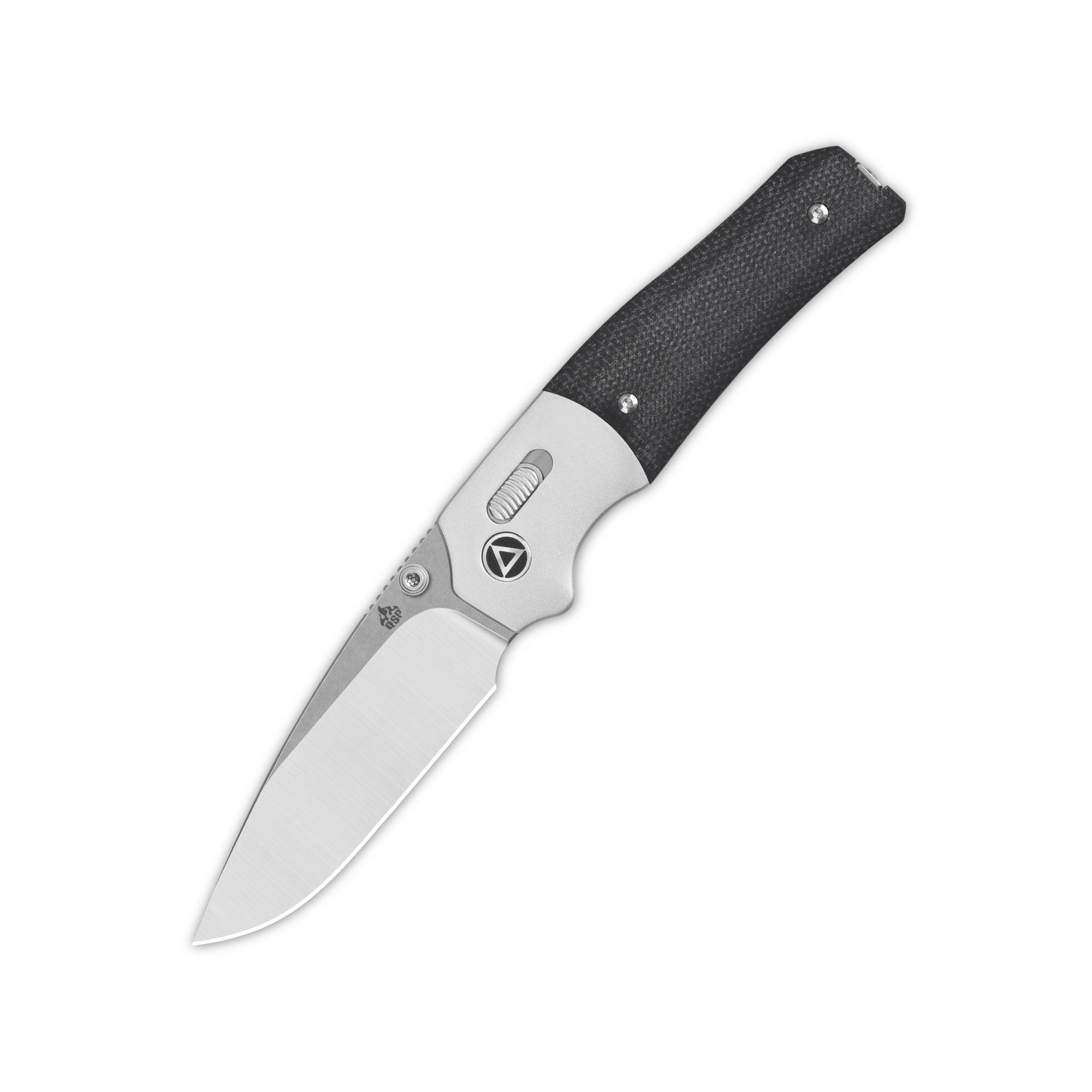Throughout history, pocket knives have been an essential tool for humans in various aspects of life. From ancient times to the present day, these versatile tools have evolved significantly, adapting to the changing needs and technological advancements of society. In this article, we will explore the fascinating journey of pocket knives, from their humble beginnings as ancient tools to their modern-day status as innovative gadgets.

Ancient Origins
The origins of pocket knives can be traced back to ancient civilizations, where they were primarily used for hunting, cooking, and self-defense. The earliest known pocket knives date back to the Iron Age, with examples found in ancient Rome, Greece, and Egypt. These early knives were simple in design, consisting of a single blade that folded into a handle, making them compact and easy to carry.
One notable example of an ancient pocket knife is the Roman "folding knife," which featured a pivoting blade that could be folded into a bone or wooden handle. These knives were commonly used by Roman soldiers and civilians alike, showcasing their practicality and versatility in everyday tasks.
The Evolution Continues
As civilizations progressed, so did the design and functionality of pocket knives. During the Middle Ages, pocket knives became more ornate and decorative, reflecting the social status of their owners. Blades were often adorned with intricate engravings and handles made from precious materials such as ivory or bone.
In the 19th century, the Industrial Revolution brought about significant advancements in pocket knife production. Mass production techniques allowed for the creation of pocket knives on a larger scale, making them more accessible to the general population. This period also saw the introduction of new blade designs, such as the iconic "Swiss Army Knife" with its multiple tools and functions.
The Modern Era
In the modern era, pocket knives have transformed into sophisticated gadgets that cater to a wide range of needs. The incorporation of new materials, such as stainless steel and titanium, has made pocket knives more durable and resistant to corrosion. Additionally, advancements in blade locking mechanisms have improved safety and usability.
One notable innovation in pocket knife design is the assisted opening mechanism. This feature allows the blade to be deployed quickly and easily with one hand, making it ideal for various outdoor activities and emergency situations. Another modern development is the integration of additional tools and features, such as screwdrivers, bottle openers, and even USB drives, further enhancing the versatility of pocket knives.
The Future of Pocket Knives
As technology continues to advance, the future of pocket knives holds exciting possibilities. With the rise of smart devices and the Internet of Things (IoT), we may see pocket knives equipped with integrated sensors and connectivity features. Imagine a pocket knife that can measure temperature, track your location, or even send distress signals in emergency situations.
Furthermore, advancements in materials science may lead to the development of lighter and stronger pocket knives. Carbon fiber, for example, offers excellent strength-to-weight ratio, making it an ideal choice for future pocket knife handles.
In conclusion, the evolution of pocket knives from ancient tools to modern gadgets is a testament to human ingenuity and adaptability. These versatile tools have come a long way, constantly evolving to meet the changing needs of society. Whether you are a collector, outdoor enthusiast, or simply someone who appreciates the craftsmanship of pocket knives, it is fascinating to witness how these tools have transformed over time.